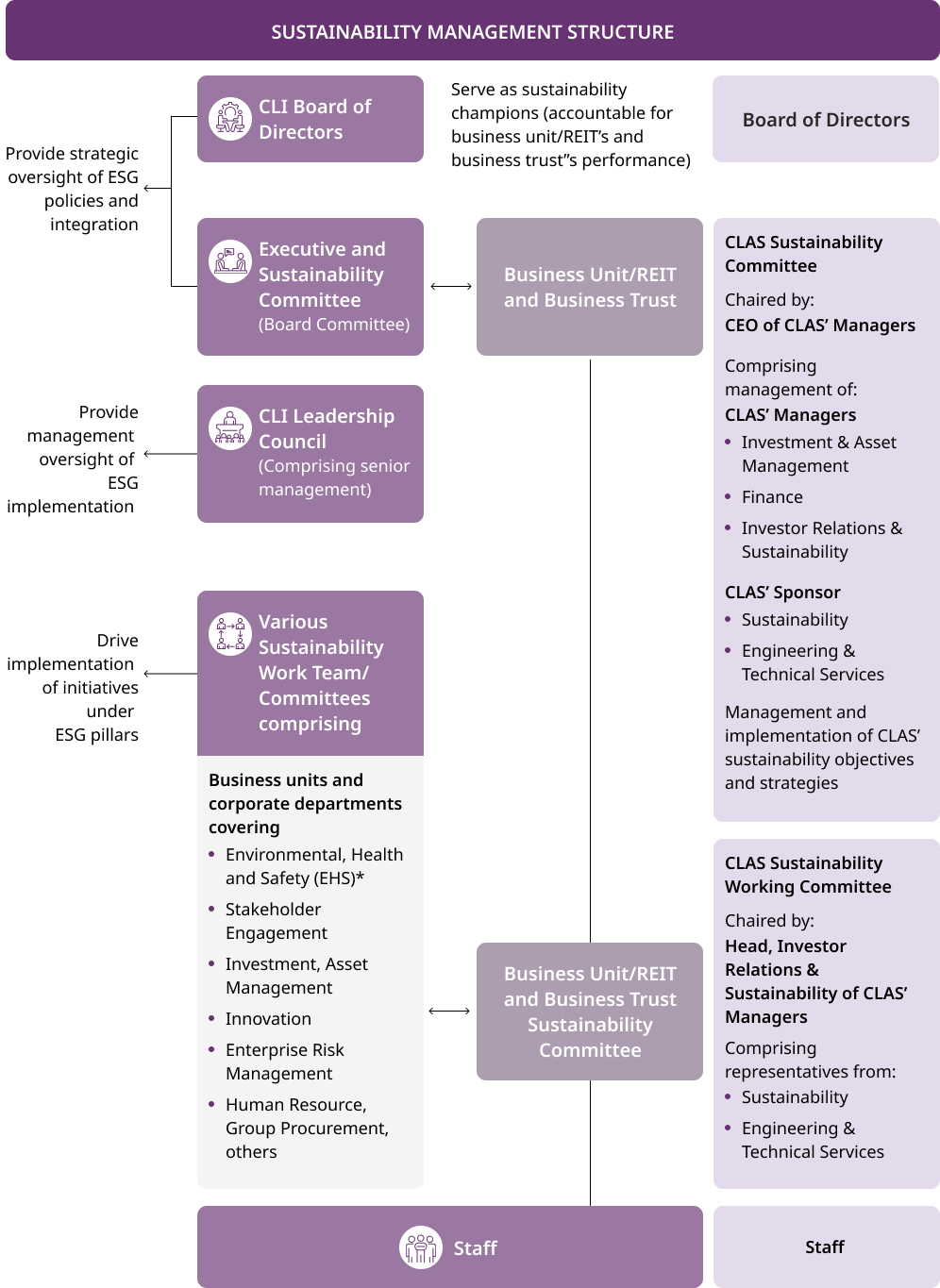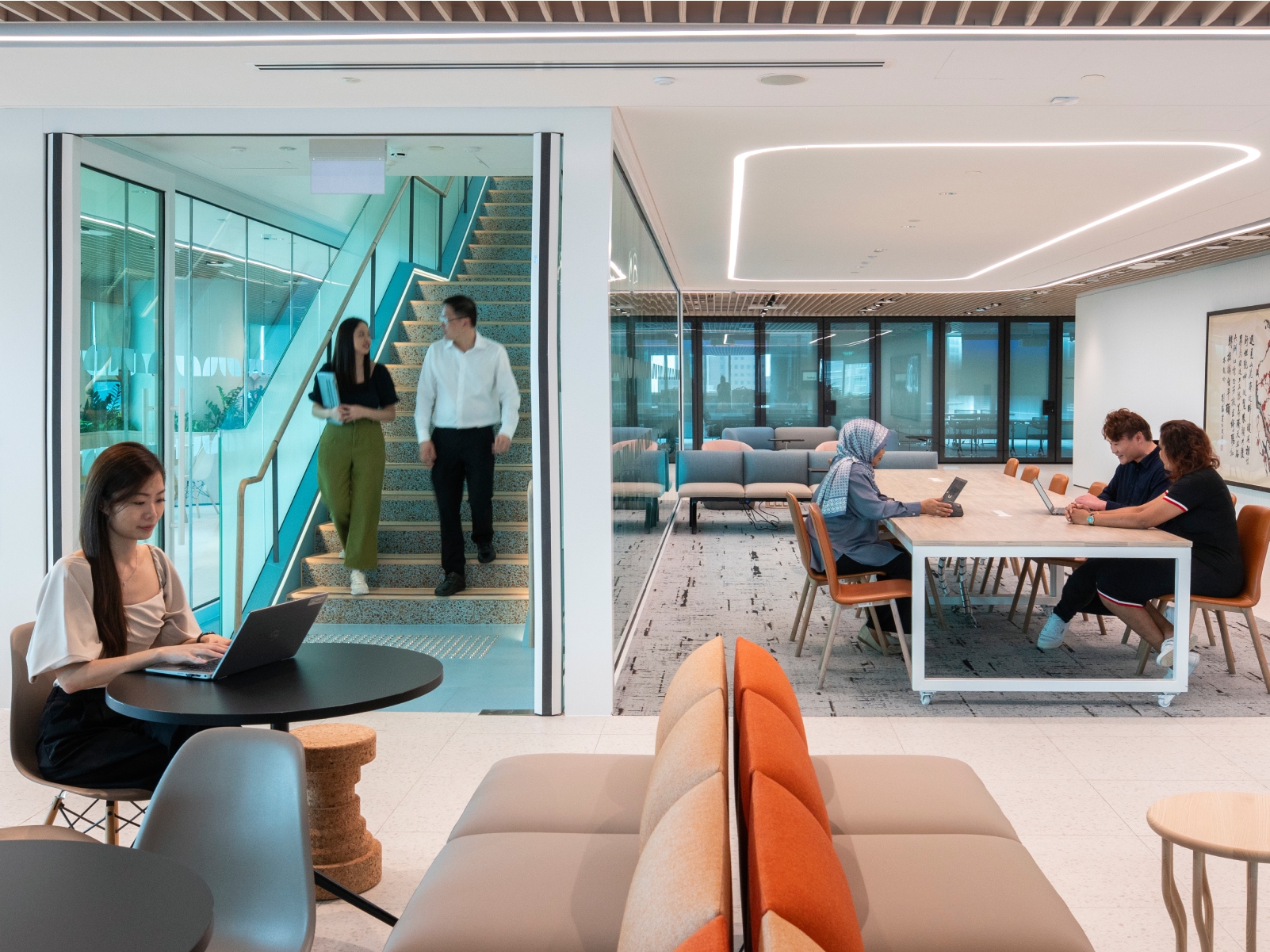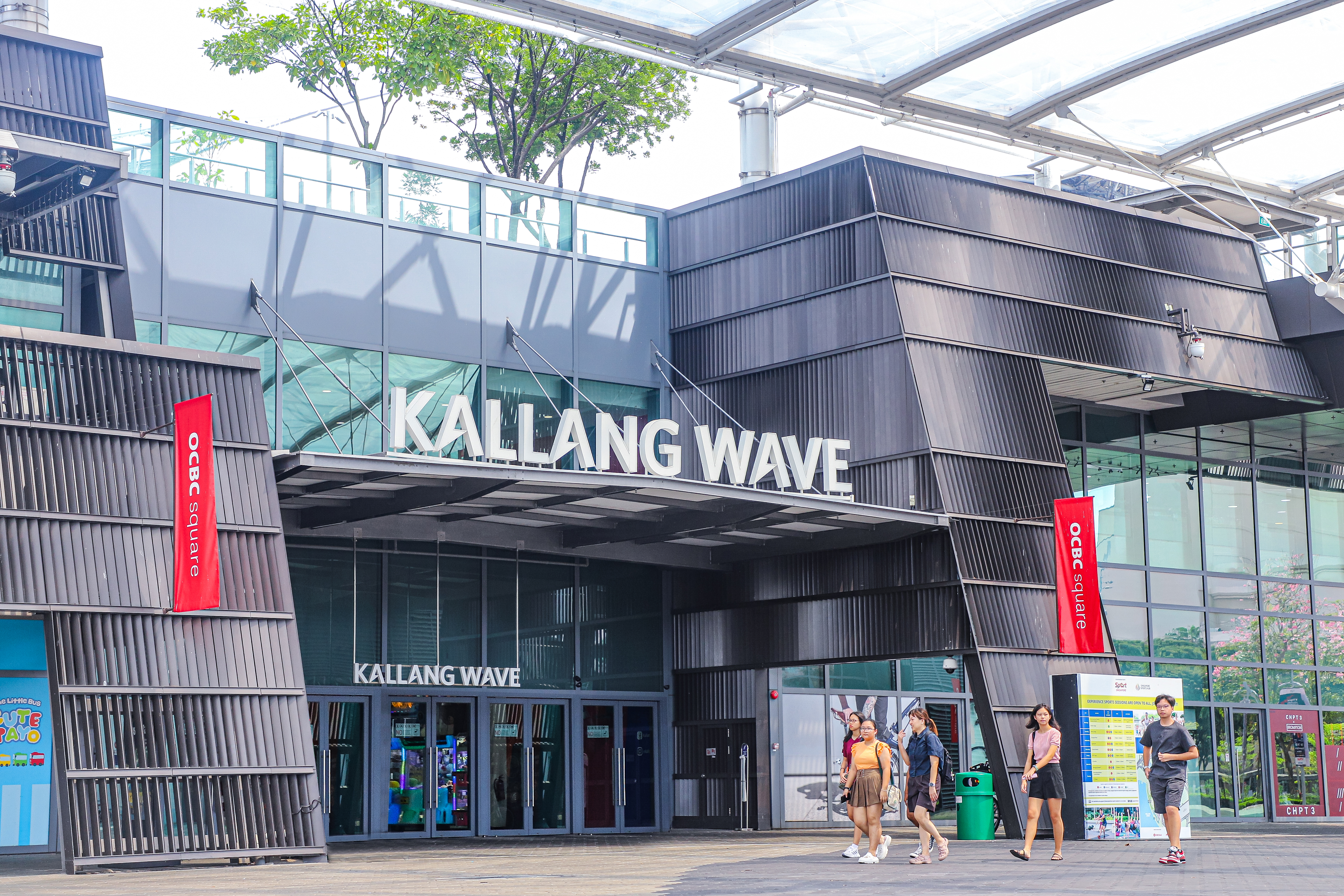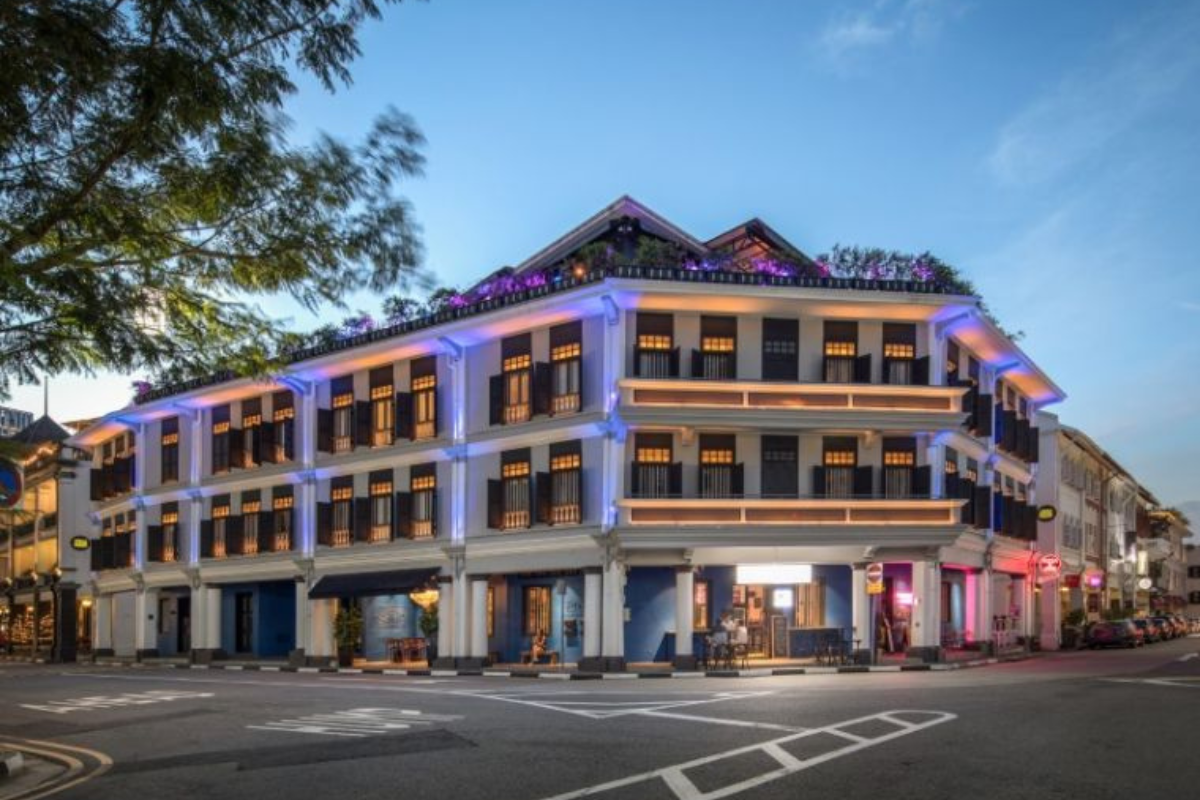Governance Structure
CLAS' Boards oversee sustainability strategy, risks and performance, supported by the Sustainability Committee and working teams. At CLI, the Executive and Sustainability Committee and Senior Leadership Council guide strategic sustainability efforts, while business units drive initiatives through dedicated Environmental, Health and Safety (EHS) Committees.

Board Statement
At CLAS, sustainability is at the core of everything we do. We are committed to growing in a responsible manner, delivering long-term economic value, and contributing to the environmental and social well-being of our communities. CLAS' material environmental, social and governance (ESG) factors are aligned with CLI 2030 Sustainability Master Plan (SMP), which was refreshed in 2023 and endorsed by CLAS' Boards and Management.
The SMP steers our efforts on a common course to maximise impact through building portfolio resilience and resource efficiency, enabling thriving and future-adaptive communities, and stewarding responsible business conduct and governance. Ambitious ESG targets have been set which include carbon emissions reduction targets validated by the Science Based Targets initiative (SBTi) to be in line with a 1.5ºC scenario, reflecting CLI's Net Zero commitment.
CLAS' Boards are responsible for overseeing CLAS' sustainability efforts, and take ESG factors into consideration in determining its strategic direction and priorities. The Boards also approve the executive compensation framework based on the principle of linking pay to performance. CLAS' business plans are guided by both quantitative and qualitative performance targets, and executed through sustainable corporate practices.
CLAS' sustainability efforts have been recognised by global indices such as GRESB. We will continue to identify and adopt meaningful ESG practices and enhance sustainability in our business.



























